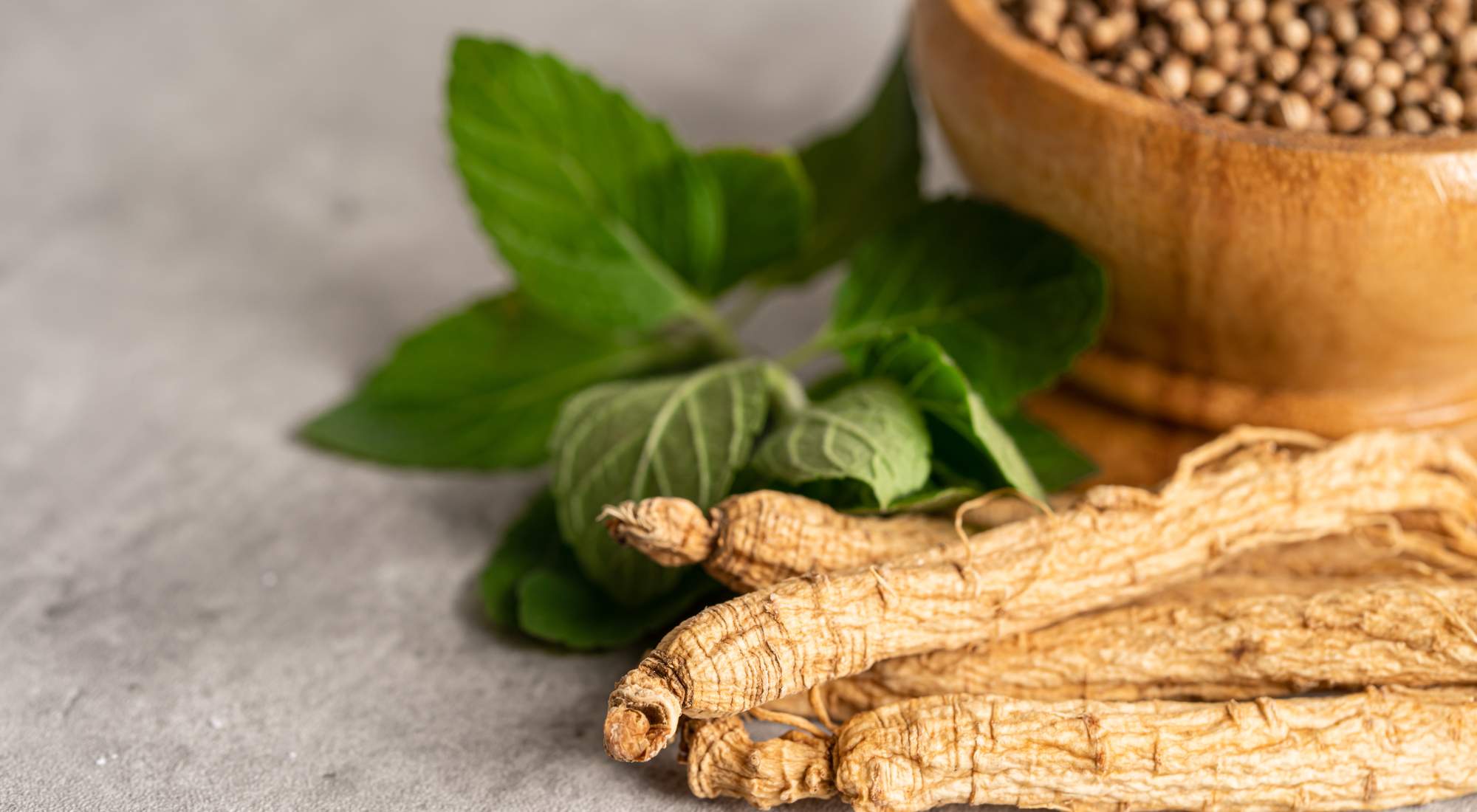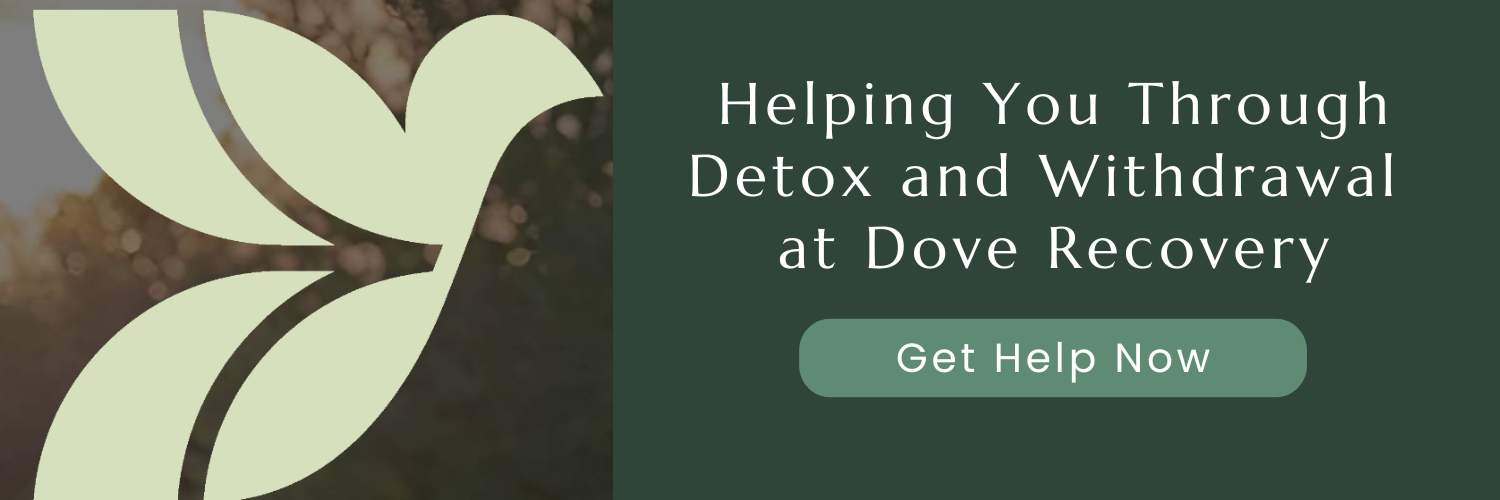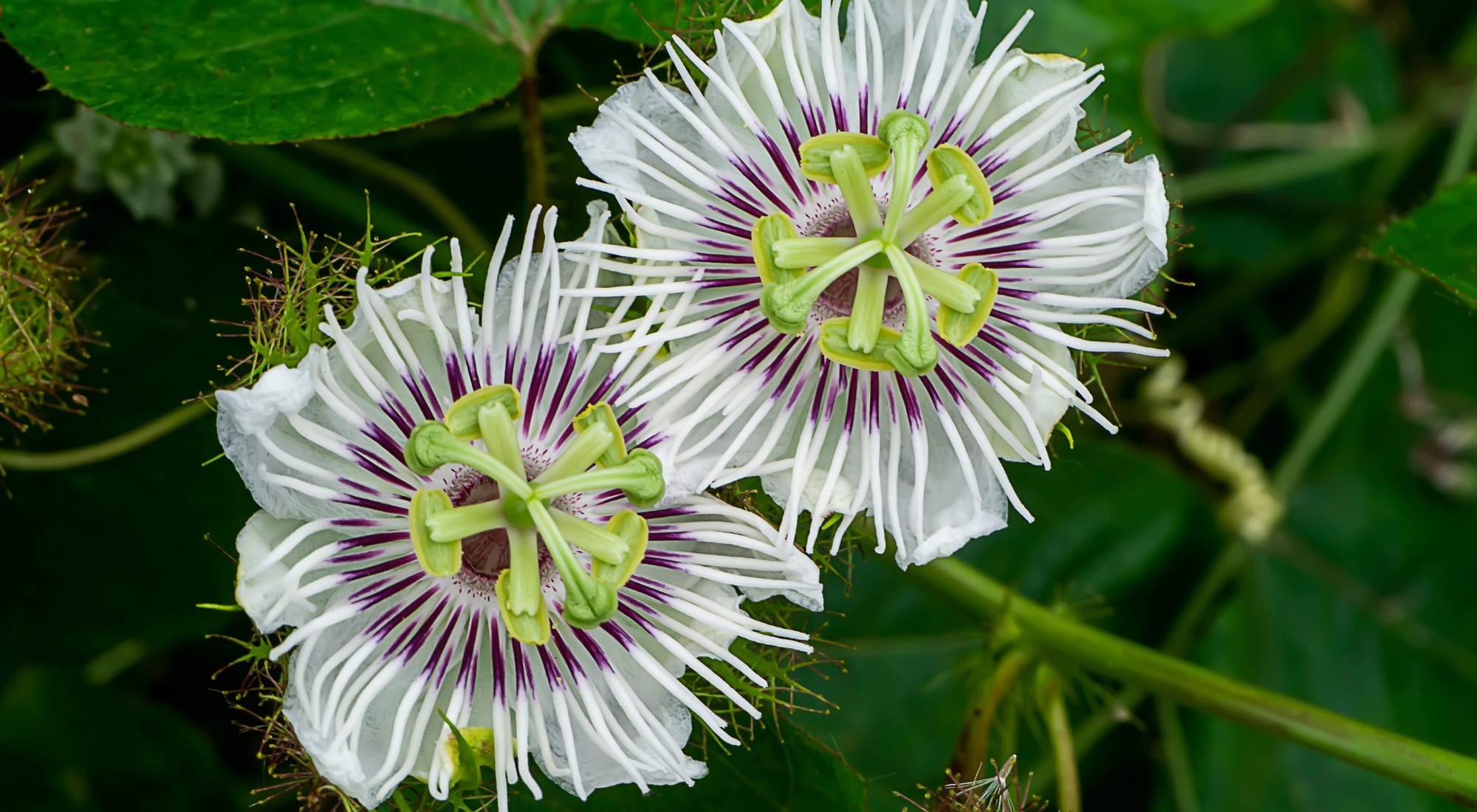Natural Support for Withdrawal Symptoms: Can Herbs Help?

You’re thinking of finally taking that first step to substance abuse recovery — going through detox and starting treatment. But you’re not sure about the medications they’ll likely put you on. You heard there may be some herbs that can help ease some of the withdrawal symptoms naturally, but you’re not sure where to start.
We set the record straight.
Read below to find out which herbs can help, how they can help, and how to take them properly. Get one step closer to a substance-free life.
Table of Contents
- 8 Herbs That Help With Withdrawal Symptoms
- How To Use Herbs Properly for Withdrawal
- What Supplements Are Good for Drug Withdrawal Symptoms?
- Detox and Manage Withdrawal Symptoms With the Capable and Qualified Team at Dove Recovery
Throughout ancient and modern history, herbal supplements have been used to treat a large variety of medical ailments. It’s no wonder they’re being used in current substance withdrawal treatments. However, herbs and supplements themselves should not be the first line of defence when detoxing from a substance. You should always seek professional help from qualified healthcare providers.
Dove Recovery has a highly qualified staff experienced in all types of medication and therapy treatments for substance detox and withdrawal.

#1: Nagella Sativa (Black Seed)
Nagella Sativa (or Black Seed) has been used in traditional medicine for 3000 years, dating back to Ancient Egypt, and is still popular as an herbal medicine today. It’s primarily found in Southwest Asia, the Middle East, and Northern Africa.
It’s a small black seed often used to manage inflammation, bronchitis, and asthma.
It’s been used to help treat neurotoxicity and may improve:
- Memory
- Pain
- Epilepsy
- And other nervous system diseases
It contains a powerful bioactive compound called thymoquinone, which may be able to treat central nervous system issues. Due to its impact on the nervous system and its antioxidant and anti-inflammatory properties, it might be beneficial to help reduce opiate withdrawal symptoms.
#2: Rosmarinus Officinalis (Rosemary)
Rosemary contains several different compounds that are thought to work together to reduce pain, including:
- Alkaloids
- Saponins
- Tannins
- Flavonoids
These may help treat musculoskeletal pains, headaches, and seizures. Research suggests that rosemary may be used as a supplemental therapy for morphine dependence. It may be that the herb influences the brain’s GABA system, which regulates relaxation and stress response. During substance withdrawal, the GABA system can be disrupted, causing anxiety, restlessness, and irritability. Rosemary is thought to ease these symptoms by enhancing the GABA system to induce calmness.
#3: Tai-Kang-Ning
Tai-Kang-Ning is a multi-herb formula popular in Chinese medicine. It was developed in the 1980s as a non-opioid treatment for heroin withdrawal. It was created by integrating Traditional Chinese Medicine and modern addiction science.
Research shows it may be as effective as the medication lofexidine in the short-term treatment for acute heroin withdrawal with fewer side effects. It may help alleviate withdrawal symptoms like:
- Autonomic (sweating, tearing, rhinorrhea, yawning, piloerection)
- GI (nausea, vomiting, cramps, diarrhea)
- Pain (muscle aches, bone/joint pain)
- Psychological (anxiety, restlessness, irritability, sleep problems)
#4: Passionflower
Passionflower has been used for centuries as an aid for restlessness, anxiety, and insomnia.
It’s thought to interact with GABA receptors in the brain, creating a mild sedative effect. Research from the 2000s found that passionflower may be used to ease anxiety and mental distress for individuals going through opioid withdrawal. It may also help improve mood and sleep for individuals going through alcohol detox.
The same study showed that it’s effective as a short-term supplementary treatment when used alongside standard treatment like clonidine.

#5: Hawthorn
Hawthorn has been used since Ancient Roman and Greek times as a digestive aid and heart medicine. It's one of the most widely studied herbs for cardiovascular health. However, it should not be used instead of a primary detoxification drug. It should be used as a supplemental treatment alongside detoxification drugs.
Detoxification from opioids, alcohol, and stimulants can often cause heart palpitations, tachycardia (rapid heart rate), and blood pressure fluctuations. Hawthorn has been shown to improve heart function, regulate blood pressure, and increase circulation, which may help to ease withdrawal symptoms. Hawthorn may also be considered a mild sedative and might assist in anxiety, restlessness, and insomnia.
#6: Milk Thistle
Milk thistle has been used as a liver protectant and digestive aid for 2,000 years. It’s one of the most globally and widely researched herbs for liver health.
It doesn’t curb cravings or help prevent anxiety, but it may help the liver handle the stress of substance detox and side effects of withdrawal assistance medications.
Its main active compound is silmarin, which may repair liver damage caused by long-term alcohol use.
#7: Ashwagandha
This herb helps to regulate the stress hormone cortisol in the body, and is well known for its calming, pain-relieving, and neuroprotective properties. When used in conjunction with standard detox medications, it may reduce anxiety, restlessness, irritability, and insomnia.
Animal studies show that ashwagandha may help regulate dopamine, helping reduce drug-seeking behaviors and cravings. It may also assist individuals detoxing from alcohol and opioids by easing withdrawal symptom severity and restoring energy levels after long-term substance use.
It’s generally considered safe for most people; however, it may interact with certain medications, so be sure to check with your healthcare provider about potential drug interactions.
#8: Burdock Root
Burdock root and seed have been used throughout the centuries in China, Europe, and Native American culture for detoxification, blood purification, as a diuretic, and healing skin ailments like eczema and acne.
It may support liver health during the detoxification process, and as a mild diuretic, it may help lessen the strain on the liver and kidneys when detoxing from alcohol, opioids, and more.
Containing polyphenols and lignans, it may have anti-inflammatory properties and can help to ease oxidative damage to tissues.
Because burdock root doesn’t appear to directly support craving reduction or psychological issues, it’s considered a supportive aid, as it may assist the body with the physical demands of the detoxification process.

Herbs don’t work the same way for everyone. Factors like your overall health, medication history, and your body’s own responses to herbs should be considered when thinking about adding herbs to help with drug withdrawal symptoms.
Speaking with a healthcare provider should be your first step when considering whether to add herbs to your substance withdrawal program. They can offer personalized advice, check for potential interactions with your current medications, and monitor your progress as you go through your treatment plan.
The dosage amount you take of an herb or supplement is just as important as the type of herb itself. It’s important to consult with a healthcare professional to determine what and how much of an herb you should be taking.
Because herbs and supplements aren’t regulated by the FDA, it’s important to check the efficacy of the herbs you’re taking. Confirming the source and manufacturing process will help you avoid contamination or potency invariabilities.
It’s not recommended that an individual with substance use disorder rely solely on themselves to determine what herbs and dosages to take. However, the medical professionals at Dove Recovery are withdrawal experts and can provide you with the recommended dosages that can be the most beneficial.
Mineral supplements like Vitamins C and D, magnesium, and zinc, as well as herbs like burdock root, passionflower, rosemary, nagella sativa, ashwagandha, tai-kang-ning, hawthorn, and milk thistle, may all help with drug withdrawal.
Mineral supplements that may help with substance withdrawal.
- Vitamin C – when used in high dosages, may help curb withdrawal symptoms
- Zinc – may help relieve pain and health during opiate withdrawal
- Magnesium – stimulates the reward center in the brain, possibly reducing the risk of relapse in heroin addiction
- Vitamin D – may improve the quality of life and reduce the adverse effects of methadone treatment for opioid addiction
Herbal supplements that may help with drug withdrawal.
- Burdock Root – blood purifier and detoxification agent
- Passionflower – may reduce anxiety, insomnia, and restlessness
- Nagella Sativa – may help with cognitive function and the central nervous system
- Rosemary – possible pain-relieving properties
- Tai-Kang-Ning – may help alleviate many heroin withdrawal symptoms
- Hawthorn – assists in cardiac health
- Milk thistle – possible liver detox and digestive aid
- Ashwagandha – may provide psychological benefits and stress support
The qualified medical team at Dove Recovery offers treatment plans that incorporate standard medication withdrawal treatments with supportive and secondary treatment options to help with negative withdrawal symptoms.
If you or a loved one is thinking about detoxing from any substance, your first call should be to Dove Recovery. We offer medication management for substance detoxification and withdrawal treatments as well as therapy, support groups, and day programs, all designed to get you back to your life substance-free.

